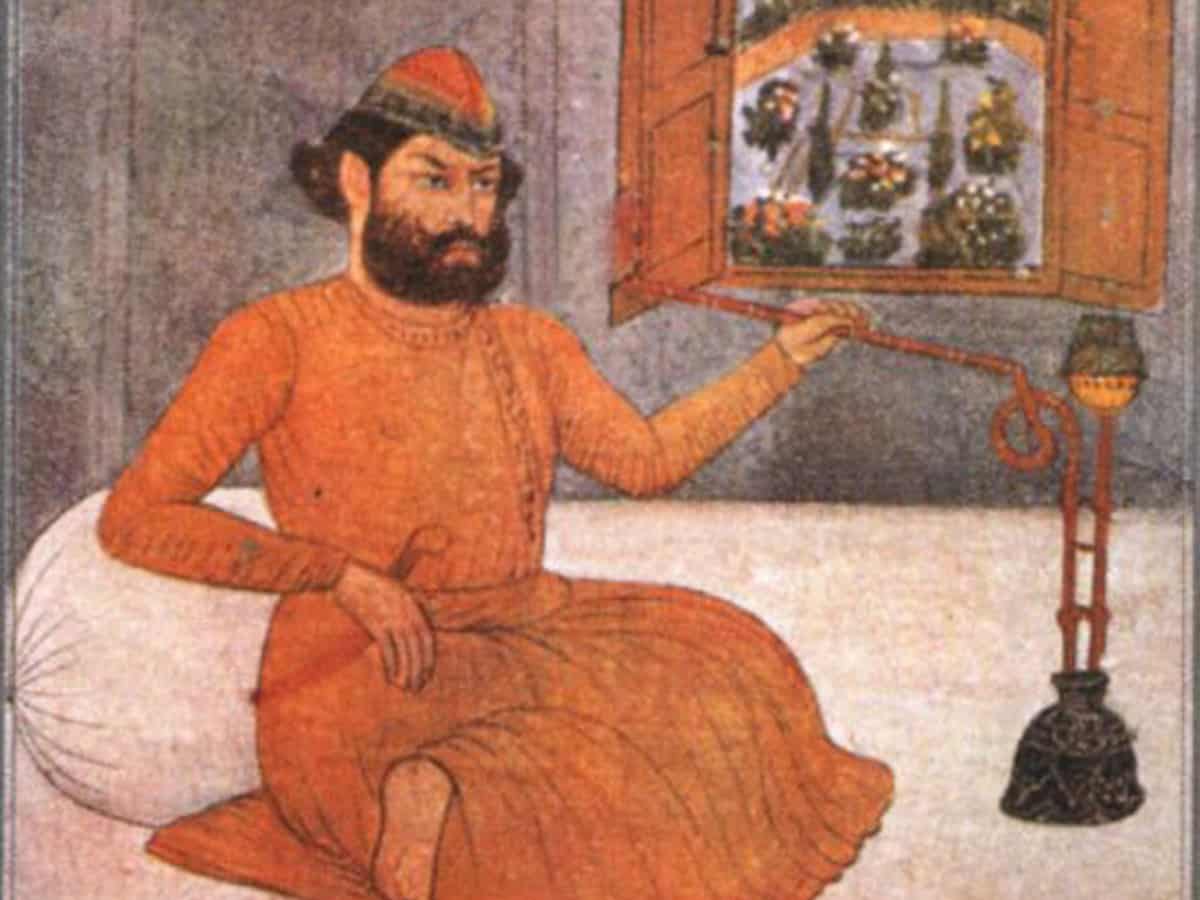Hyderabad: Almost four weeks after Mir Taqi Meer’s 110th death anniversary, the online classical Urdu literary forum — Baazgasht — held a session on the Delhi poet this past Saturday.
Presiding over the session, Baig Ehsas introduced the keynote speaker and expert in Meeriyat ( expert on all matters related to Meer, particularly his poetry) Professor and Critic Ahmed Mehfooz.
Mehfooz informed, “The biggest misconception about Meer is that he is seen solely as a poet whose verses revolved around pain and sadness. His first collection of poetry was composed when he was less than 30 years of old is proof of this.”
He also stated that the poets preferred to speak about love. Though according to him, Meer also furthered this perception with verses like:
Mujh ko shayar na kaho Meer ke sahib
Main ne dard-o-gham kitne kiye jama to dewan kiya
(Do not refer to me as a poet oh friend of Meer I just accumulated sadness and sorrows and turned them into a poetic collection)
Born in Agra, Uttar Pradesh, in February 1723, this versifier is considered to be one of the mainstay poets of the Dabistan-e-Delhi (the Delhi School of Poetry). His grandfather migrated from Hijaz, which is in present-day Saudi Arabia, to Hyderabad and then to North India.
Though Ghalib thought highly of himself in the world of Urdu—and rightly so—he was so fond of Meer that he wrote this couplet:
Rekhte ke tum hi ustad nahin Ghalib
Kehte hai agle zamaane meiN koi Meer bhi tha
(You are not the only master of Rekhta (Urdu), Ghalib
It is said that there used to be a Meer in the past)
After contemporary poet Agha Sarosh recited of Meer’s poems, the chairperson of Baazgasht’s organizing committee, Dr. Gul Rana, presented a vote of thanks to the panelists and attendees.
Many overseas academics such as Dr. Ghouse Arsalan in Riyadh, Saudi Arabia, Mohammed Abdul Haq who currently resides in the US, and Dr. Iqbal Ahmed of Melbourne, Australia too took part in the session.
The initiator of the thought that there should be a group of Urdu lovers Dr Feroz Alam, Associate Professor at MANUU, was also there

